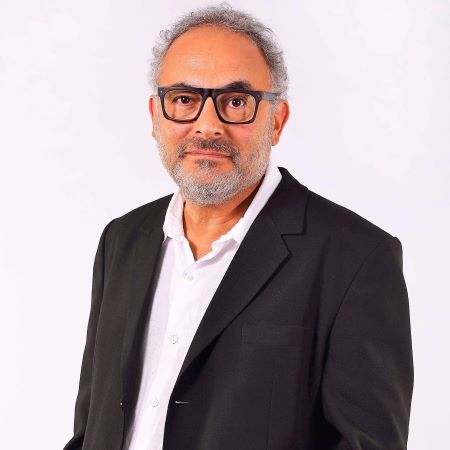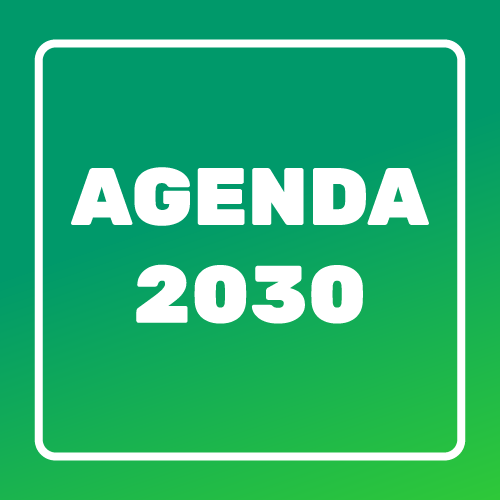Business alliance against fake news
Article published in Folha de São Paulo, May 5, 2021
William Deming, one of the fathers of total quality, said that nothing could be improved until it could be measured. In the case of fake news, which has plagued health, economy, democracy, and social relations worldwide for some years, this issue has apparently been resolved. The annual bill that society pays owing to the anomaly amounts to US$ 78 billion, according to a study by the University of Baltimore.
Deming also claimed that fails are not free of charge. Someone produces them and gets paid for them. The study by the University of Baltimore gives a clue to how much this global fake news industry makes globally, made up of a large contingent of “non-public relations” professionals.
It is a pirate disinformation machine, well-paid and structured along the lines of terrorist groups. Let us have no doubts: divisionism and disinformation are two profitable businesses today.
The level of sophistication and reach of this criminal industry should not be underestimated. For example: known for its accuracy, methodology, and rigor, the dissemination of scientific production and renowned research and market studies – which influence the decisions of both the scientific community and the business world – has begun to suffer harmful attacks from these “digital terrorists” – attacks that are difficult to be reversed or denied.
In contrast to the overwhelming losses of fake news, it is worth remembering that, on the other side of the coin, for every US dollar invested in good journalism, around US$ 100 returns benefits to society. Stanford journalism professor James T. Hamilton brought these figures in his book “Detectives of Democracy.”
Aspiring to provide an increasingly credible informational environment aligned with the pillars of Environmental, Social, and Corporate Governance (ESG), communication officials associated with Aberje (Brazilian Association for Business Communication) decided to launch a joint initiative to fight fake news.
Entitled “Aberje Alliance to Combat Fake News – Business Movement Against Misinformation,” the project aims to make company employees, in addition to anyone against the propagation of fake news, actual multipliers in the fight against misinformation. The idea is that by making organizations more immune to false news, society will also become more immunized.
Based on the ethical parameters of communication activities, such as journalism, advertising, public relations, and marketing, the initiative follows the code of principles of the International Fact-Checking Network.
A 2018 survey by Aberje showed that false news already worried 85% of organizations in the country. It also indicated the financial and reputational damage that could occur to brands that found themselves amid disinformation campaigns.
Media education, therefore, is relevant anywhere on the planet. In Brazil, however, it seems to be a fundamental issue. In Latin America’s largest country, fake news has found fertile ground to thrive and thus become a trend with still unpredictable and threatening consequences, which need to be fought on all fronts, including business.
PAULO NASSAR
President of the Brazilian Association for Business Communication (Aberje); Full Professor at the School of Communications and Arts at the University of São Paulo (ECA-USP); MA and Ph.D. by ECA-USP.
HAMILTON DOS SANTOS
Journalist and Philosopher from USP, with a training in Business Management from Stanford Global Business School; general director of Aberje, member of the Board of Directors of Poiésis.
Destaques
- Theme of the Year “Communication for Transition” Renewed for 2025
- Web Summit Lisbon 2024: Innovation and Ethics in a Future Shaped by AI
- Global Alliance Launches Recognition Program for Young Communicators
- Alejandro Cornejo Montibeller Joins the Latin American Regional Council of the Global Alliance
- LiderCom Meeting Discusses International Expectations for COP30
ARTIGOS E COLUNAS
Carlos Parente As sutilezas no ofício da comunicação, para não ofuscar o Rei SolPaulo Nassar Anna ChalaPatricia Marins Meta e o fim da checagem de fatos: por que a Dieta da Comunicação é essencial para a gestão da reputação em 2025Thais Andreoli Gestão de crises: transparência ou discrição?


































